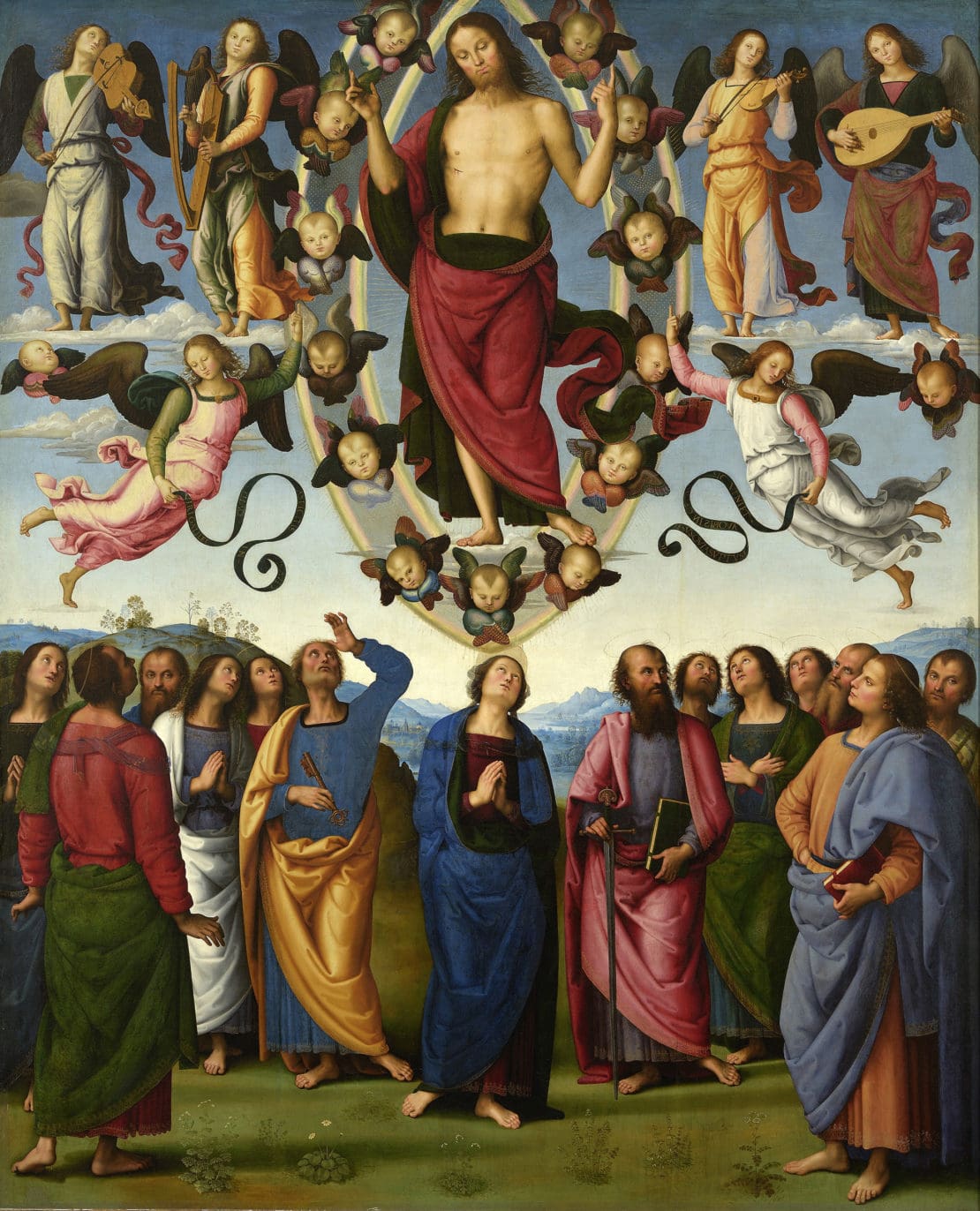A Summary of Words
I heard a good summary of our last two posts while listening to the CatholicPsych Institute Being Human podcast. In episode 32 “The Endless Mystery of the Human Person” Dr. Greg Bottaro is being interviewed with his friend Fr. Louis Merosne of Haiti by the Lumen Vitae for their Power of Personhood podcast. The conversation turns to the differences in the Church’s and the World’s understandings of freedom. Fr. Merosne gives a clear example of the difference in definition and then Dr. Bottaro connects it to some of the points we have looked at. I am going to summarize what they said and offer further commentary.
To speak of freedom, equality, and discrimination regarding the person, requires that we first understand the nature of man. The theologian and Catholic publisher Frank Sheed puts this succinctly saying,
“You do not truly know what anything is until you know what it is for. Knowing what a thing is made of, even knowing whom a thing is made by, these things are but scanty knowledge, impotent of themselves to lead to fruitful action. The complete knowledge demands a knowledge of purpose…Obviously the perfect way to know the purpose of the thing is to find out from its maker: any other method leaves too many loopholes for error…Apply this principle to the man himself: we cannot use ourselves aright nor help any other man till we know what man is for: we can meddle with him, tinker with him, mean well to him, but save in a limited way we cannot help him,” unless we know his purpose. “Catholics know that man was made and made by an intelligent Being who knew the purpose of His own action. Further, God who made us and knew what He made us for, has told us what He made us for. Accepting His Word, we know the purpose of our existence, and we can proceed to live intelligently according to it.”
Fr. Merosne uses a metaphor to help us understand. Imagine an individual jumping from a bridge over a ravine full of sharp rocks. Radical autonomy would have you jump from the bridge with nothing restraining you. With nothing holding you back you may do whatever you please, but the truth is at the end you will die. This is the false freedom of licentiousness. I may act in whatever way I want and no one and nothing may restrain my freedom. There can be no experience of the difference between persons and no external authority is allowed to usurp my freedom.
One could also jump with a cord attached to the bridge and to yourself. The cord grounds you to reality and keeps you connected, granting you the freedom to experience the excitement and joy of life, while orienting you to a purpose. The chord is Christ or what he created us to be – the purpose of our existence. It orients us in this life, in our relationship with other persons, and in the next life. True freedom and equality are grounded in God’s love for us and his will that we be united with him for eternity. Although our creation by God can be known by reason, our final end of union with him for eternity cannot be known except by revelation.
We believe that there is a blueprint for the human person, that Jesus Christ reveals Man to himself and makes his Divine calling clear. Christ’s sacrificial love reveals the truth of the human person to man as a whole and to the individual in his unique experience (Gaudium et Spes 22). Sin blocks us from seeing our true worth, and Christ taking on our flesh – imitating us – reveals our worth and the mystery of our existence to us by his passion, death, and resurrection. Our freedom is then found in imitation of him. Learning to identify and habitually choose that which is the greatest good, the most true, and the most beautiful — God himself. Laying down one’s earthly life for the sake of an eternal heavenly life. It is this truth which grounds Catholic anthropology and makes it sufficient to answer the most important questions that a person may ask.
Another example would be if you imagined living in a desert and you know of a water source 100 miles away from your village. A person has the freedom to determine which way they wish to go, but if you want to make it to the water source and back without getting lost or dying then you follow the GPS or map. You don’t say, “GPS stop telling me how to get there and back in the most efficient manner, I am free to choose how I will go,” or “I will go a different way than you suggest.”
Acting in accord with our blueprint — our nature — means that we must seek God first. That we need to choose his will over our own. That the objective truths of creation and his divinely revealed will are wherein our greatest freedom will be found. Those who disagree do not seek freedom, they seek license. They wish to be free of any constraint to their autonomy, but this is not what we are created for. If we want to cultivate equality and protect freedom then let us begin by acknowledging the truths of human nature.


